California’s Rich Are Buying Their Own Firefighters
As wildfires rage, climate change exacerbates wealth inequality.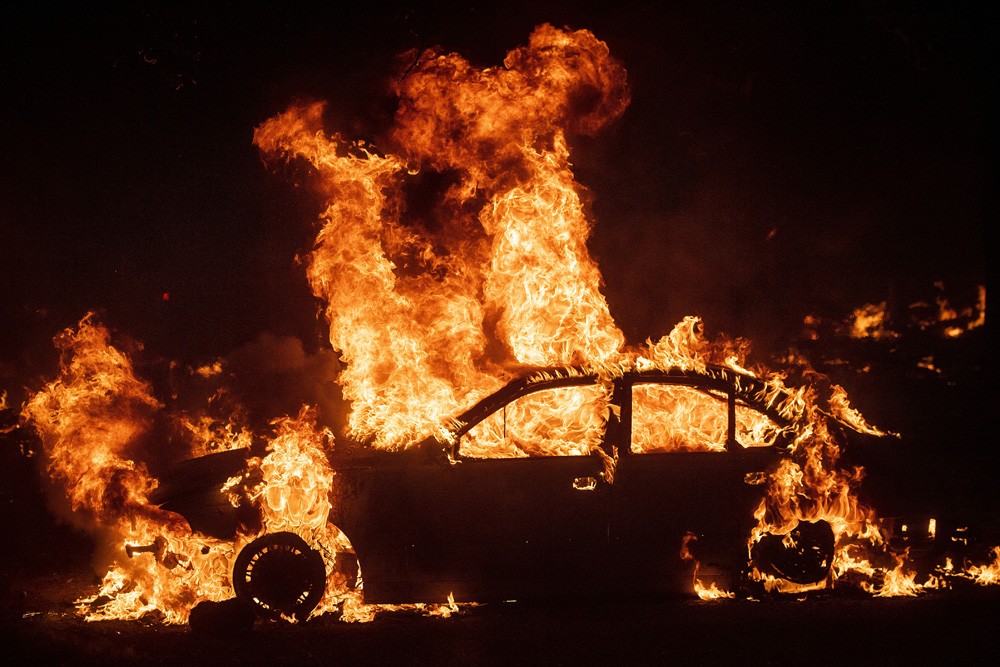 Flames from the Kincade Fire consume a car in the Jimtown community of Sonoma County, Calif., on Thursday. (Noah Berger / AP)
Flames from the Kincade Fire consume a car in the Jimtown community of Sonoma County, Calif., on Thursday. (Noah Berger / AP)
“This is serious …. but this is only the beginning. This is only a taste of the horror and the terror that will occur in [the coming] decades,” former California Gov. Jerry Brown told Politico Monday, of the fires that continue to engulf both northern and southern areas of the state. Brown recently inaugurated a new University of California, Berkeley, think tank focused on tackling climate change, in partnership with Tsinghua University in China.
So far this fire season, 180,000 people have been ordered to evacuate Sonoma County, in Northern California’s wine country. Five hundred acres burned Monday morning in Los Angeles, which closed public schools. UCLA and Santa Monica College also closed.
Two million were without power this weekend in Northern California, according to Politico, thanks to preemptive action from Pacific Gas and Election to prevent another giant wildfire like the one caused by its own wires last year. That wasn’t enough to stop the growth of the Kincade Fire, now nearly twice the size of San Francisco, according to The New York Times, which reports that the fire was only 5% contained Monday morning.
Still, the experiences of living though these fires varies widely. Gov. Brown and his family are among the luckier ones in California. “We’re off the grid. We have solar collectors and lithium-ion batteries, so we’re set,’’ he told Politico, adding, “We have a well. We collect rainwater and put it into the underground cistern.”
And, as Ethan Varian wrote in an earlier Times story: “You can now add firefighting to the list of the ways that the wealthy are different from the rest of the world.”
Varian writes about private companies, which, in addition to having contracts with federal agencies, help individual homeowners, homeowner’s associations or other neighborhood groups battle fires.
These services differ from those provided by insurance companies like Chubb or Safeco, which focus on preventative measures—installing sprinkler systems, spraying on fire blocking gels and employing other mitigation techniques.
Mt. Adams Wildfire, for example, a company near Sacramento, will actually put out fires. Its services, owner Don Holter told The New York Times, are advertised mostly by word of mouth; “It’s not who you are, it’s who you know,” he said. The cost? Up to $3,000 per day.
Security firms like Covered 6, which has a contract with Hidden Hills, Calif., whose residents include numerous celebrities, including the Kardashians, are also adding firefighting services to their offerings. During the Woolsey Fire in 2018, TMZ reported that Kim Kardashian West and Kanye West hired private firefighters to preserve their Hidden Hills home.
California firefighters, The Los Angeles Times reported in 2018, are frustrated by private companies. Ventura County Fire Capt. Brian McGrath told the paper that private crews don’t coordinate with local fire departments, often doing more harm than good.
Meanwhile, other residents are left to determine how to manage the increasing risks to their homes and livelihoods as PG&E continues to enforce blackouts and struggles to protect the same wires that triggered blazes like the Camp Fire, which destroyed 13,000 homes last year.
Unfortunately for residents, according to Politico, “PG&E said this month it would take a decade for the utility ensure that its wires are fireproof, until which [time] residents may be forced to face continued blackouts during dry, windy conditions such as those experienced this month.”
Your support is crucial...As we navigate an uncertain 2025, with a new administration questioning press freedoms, the risks are clear: our ability to report freely is under threat.
Your tax-deductible donation enables us to dig deeper, delivering fearless investigative reporting and analysis that exposes the reality beneath the headlines — without compromise.
Now is the time to take action. Stand with our courageous journalists. Donate today to protect a free press, uphold democracy and uncover the stories that need to be told.

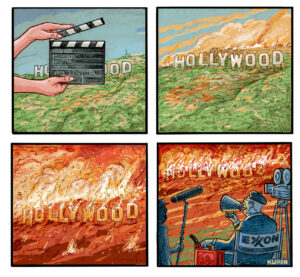

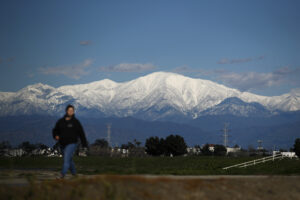
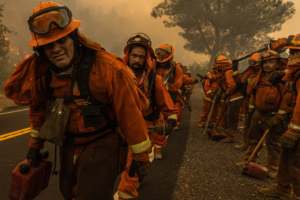
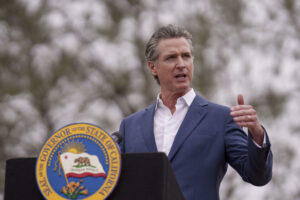

You need to be a supporter to comment.
There are currently no responses to this article.
Be the first to respond.